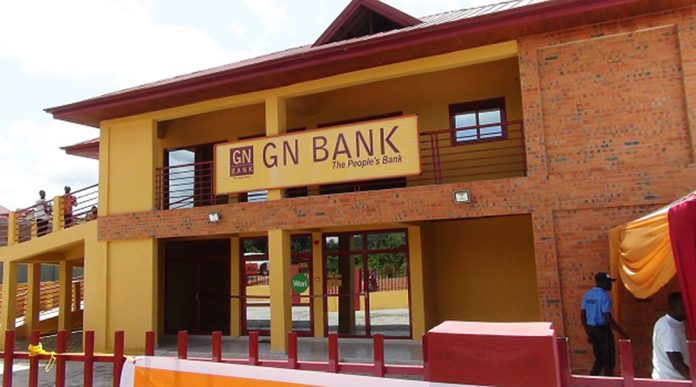Dr. Papa Kwesi Nduom, chairman of Groupe Nduom, has highlighted the adverse effects of the collapse of indigenous banks in 2018 and 2019 on Ghana’s local economy, particularly on micro and medium-sized businesses.
He argued that the void left by these banks has not been sufficiently filled by foreign or high-street banks, contributing to ongoing economic challenges.
Dr. Nduom made these remarks during the second phase of the #BringBackGNBank national tour, which began in the northern regions of Ghana on August 18, 2024.
This phase follows the initial tour that started on May 27, 2024 and covered six regions; Eastern, Western, Central, Volta, Greater Accra and Ashanti.
The current tour will see Dr. Nduom visit all 300 branches of GN Bank across Ghana’s sixteen regions.
The objective is to evaluate the condition of the bank’s properties and interact with Ghanaians, particularly market vendors who were significant customers of the bank.
This phase includes visits to Wa, Bolgatanga, Walewale, Karaga, Tamale and Sunyani.
In an interview, Dr. Nduom described the campaign as a “national journey for local economic development.” He noted that the tour revisits themes from a similar campaign in 2018/19, when the central bank withdrew licenses from several indigenous banks, including GN Bank.
The earlier tour aimed to bolster support for local banks, which had played a crucial role in regional economic development by providing accessible banking services.
“This tour reaffirms our commitment to revitalizing GN Bank and bringing secure banking services to every corner of Ghana,” Dr. Nduom said. He added that the campaign would also address the reasons behind the bank’s license withdrawal and detail the steps being taken by shareholders to restore the bank.
Dr. Nduom criticized the license revocation, asserting that GN Bank did not merit such action and urging the current administration to address outstanding debts owed to Groupe Nduom companies. He emphasised that the non-payment of these debts was a significant factor in the bank’s insolvency.
“We call on the Akufo-Addo administration to lift the embargo on payments to Groupe Nduom companies and contractors,” he said, pointing out that the debt has now exceeded 7.1 billion Ghana cedis.
The ongoing tour aims to gauge public interest in the return of GN Bank and assess the demand for its mobile and digital banking services. Additionally, Dr. Nduom plans to highlight Groupe Nduom’s broad contributions to the Ghanaian economy, including its involvement in rice production, television manufacturing and other sectors.








